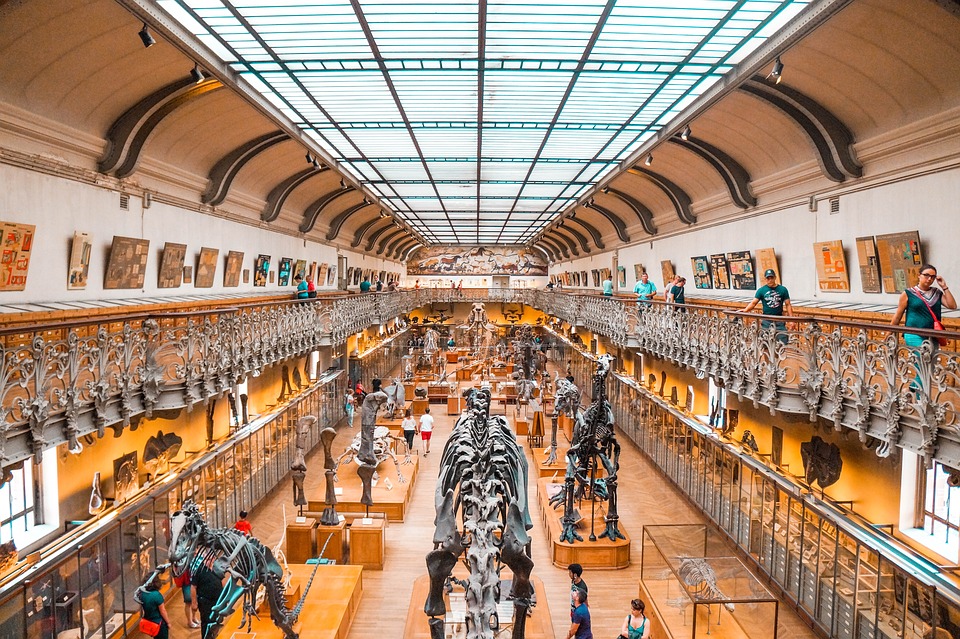
The Journey of Moral Growth in Character Evolution
Introduction
Character evolution is a fascinating and intricate process that involves the development of one’s moral principles and values. It is a journey of self-discovery and growth that requires dedication, reflection, and a willingness to change and improve. In this article, we will explore the concept of moral growth in character evolution, and discuss the steps one can take to become a better person.
Understanding Moral Growth
Moral growth is the process of developing and refining one’s moral character and ethical principles. It involves cultivating virtues such as honesty, integrity, compassion, and empathy, while overcoming flaws such as selfishness, greed, and dishonesty. Moral growth is a lifelong journey that requires conscious effort and self-awareness.
The Importance of Moral Growth
Moral growth is essential for personal development and for creating a more just and compassionate society. By cultivating virtues such as kindness, honesty, and integrity, one can build strong relationships, earn the trust and respect of others, and contribute to the greater good. Moral growth also helps individuals make ethical decisions and navigate complex moral dilemmas with wisdom and integrity.
Steps to Moral Growth
1. Self-Reflection: The first step in moral growth is to reflect on one’s values, beliefs, and behavior. Take the time to examine your actions and motivations, and consider whether they align with your moral principles. Ask yourself tough questions about your choices and their impact on others.
2. Cultivate Virtues: Identify the virtues you want to embody, such as honesty, compassion, and humility, and make a conscious effort to cultivate them in your daily life. Practice acts of kindness, honesty, and generosity, and strive to be a positive influence on those around you.
3. Seek Feedback: Ask for feedback from trusted friends, family members, or colleagues about your character and behavior. Listen openly to their opinions and use their insights to identify areas for improvement. Constructive criticism can be a valuable tool for personal growth.
4. Set Goals: Set specific goals for moral growth and create a plan to achieve them. For example, if you want to become more empathetic, you could set a goal to volunteer at a local charity or listen actively to others’ perspectives. Monitor your progress and adjust your actions as needed.
5. Practice Gratitude: Cultivate a sense of gratitude for the blessings in your life and the people who support you. Recognize and appreciate the kindness and generosity of others, and express your gratitude through words and actions. Gratitude fosters humility and empathy, key virtues in moral growth.
6. Learn from Mistakes: Mistakes are inevitable in the journey of moral growth, but they can also be valuable opportunities for learning and growth. When you make a mistake or act in a way that violates your values, take responsibility for your actions, apologize if necessary, and commit to doing better in the future.
Conclusion
Moral growth is a challenging but rewarding process that requires dedication, self-awareness, and a commitment to personal growth. By cultivating virtues such as honesty, compassion, and integrity, and by learning from mistakes and seeking feedback, one can become a better person and contribute positively to the world. Embrace the journey of moral growth with an open heart and a willingness to change, and you will become the best version of yourself.